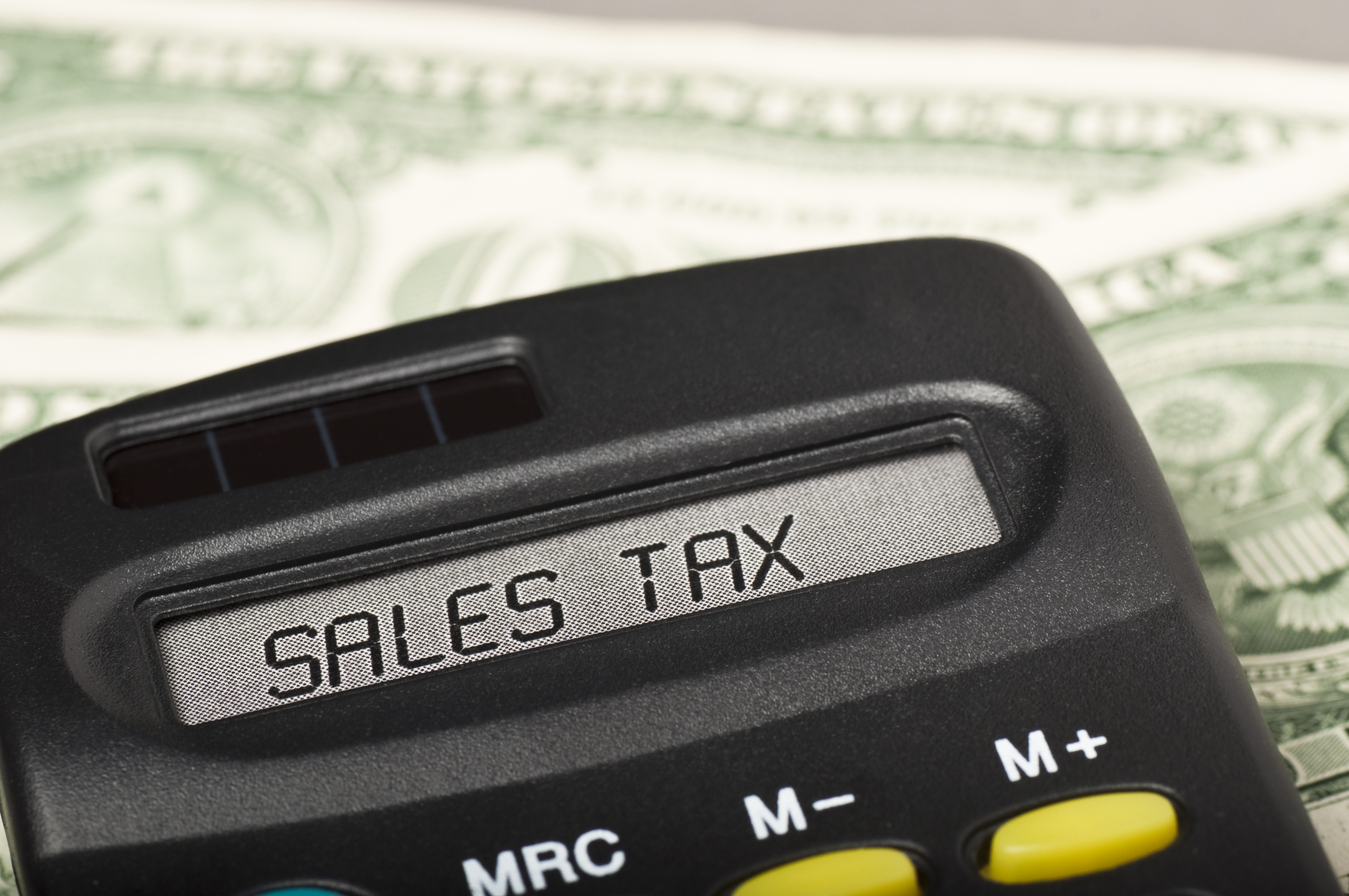Even before Quill was overturned, jurisdictions were constantly readjusting their tax strategies to close the tax gaps generated by digital transformation and evolving business models. This means tax requirements are always changing, creating an even higher risk of error that can lead to costly audits for CPAs in this dynamic regulatory environment. While this sounds like a problem for large corporations, it’s one that small businesses and the CPAs that support them need to understand and address as well.
Compliance and the strategic value CPAs contribute depend heavily on the ability to accurately and efficiently process a trove of tax data. The good news is that technology is making this a much more manageable task, largely through automation. However, while some tax professionals have embraced automation as a powerful resource, many still rely on manual processes.
Technology can aid finance and tax professionals by streamlining tedious tasks to ensure the compliance and allowing professionals to focus on delivering insights that can provide greater value to their SMB customers. Here are aspects where automation can act as a powerful resource for CPAs.
Simplifying the Role of the CPA
Automation simplifies the calculation, filing, adjustment and reporting processes for CPAs.
Considering there were 721 total sales tax rate changes in 2017 alone, calculating returns can be a tough job, especially for businesses that operate in more than one state and sell online. Furthermore, CPAs must also consider product taxability differences and understand what their clients sell and where those transactions occur. For example, clothing isn’t taxable in Pennsylvania, but it is in New York, and a specific item can be tax exempt in one jurisdiction, but not the other.
It is virtually impossible to manually keep track of all these variables to accurately calculate taxes. But automating the tax process through software tax engines for tax determination ensures updates to rates and rules are reflected and calculated, giving CPAs confidence and minimizing compliance risks.
Automation also provides value by streamlining the monthly sales tax filing process to save time and money and improve overall efficiency. It also simplifies the document gathering process for sales tax audits, ultimately helping accounting firms become more paperless.
Adjustments to the data for tax preparation purposes are another common and necessary part of the tax process, but that doesn’t mean they need to be time consuming. With automation, adjustments can be applied in bulk rather than via individual documents and entries, ultimately improving accuracy and reliability, while also saving time and resources for CPAs.
Another aspect of the tax automation process that can benefit CPA efficiency is reporting. Whether user-defined or out-of-the-box, accountants can pull reports whenever needed. This simplifies compliance and enables CPAs to evaluate and strategically examine data.
What Automation Means for the Tax Professional
In the past, SMBs did not commonly have access to the same strategic tax insights as large enterprises. Due to limited resources, the focus was purely on compliance. But thanks to advanced technology, this is changing. The rise of automated technology holds great potential for tax compliance, allowing CPA firms to provide more strategic offerings, even to small businesses.
For larger corporations, a new generation of tax professionals, called tax technologists, is emerging. The tax technologist has extensive technology background in areas such as software programming and computer science, while also being able to navigate the global intricacies of tax. While SMBs are unlikely to hire a tax technologist, the tech-enabled possibilities and strategic tax insights large enterprises are used to can become accessible to a small business if CPA firms add tax technologists to offer greater strategic value.
Armed with automated technology solutions, CPAs can simplify the basic, repetitive tasks of their role and shift the focus from compliance to projecting where a business is going, how it could operate more efficiently, and other trends that can highlight opportunities for growth. The result is a more efficient CPA firm and a more strategic business partner for SMB clients.
Thanks for reading CPA Practice Advisor!
Subscribe Already registered? Log In
Need more information? Read the FAQs




